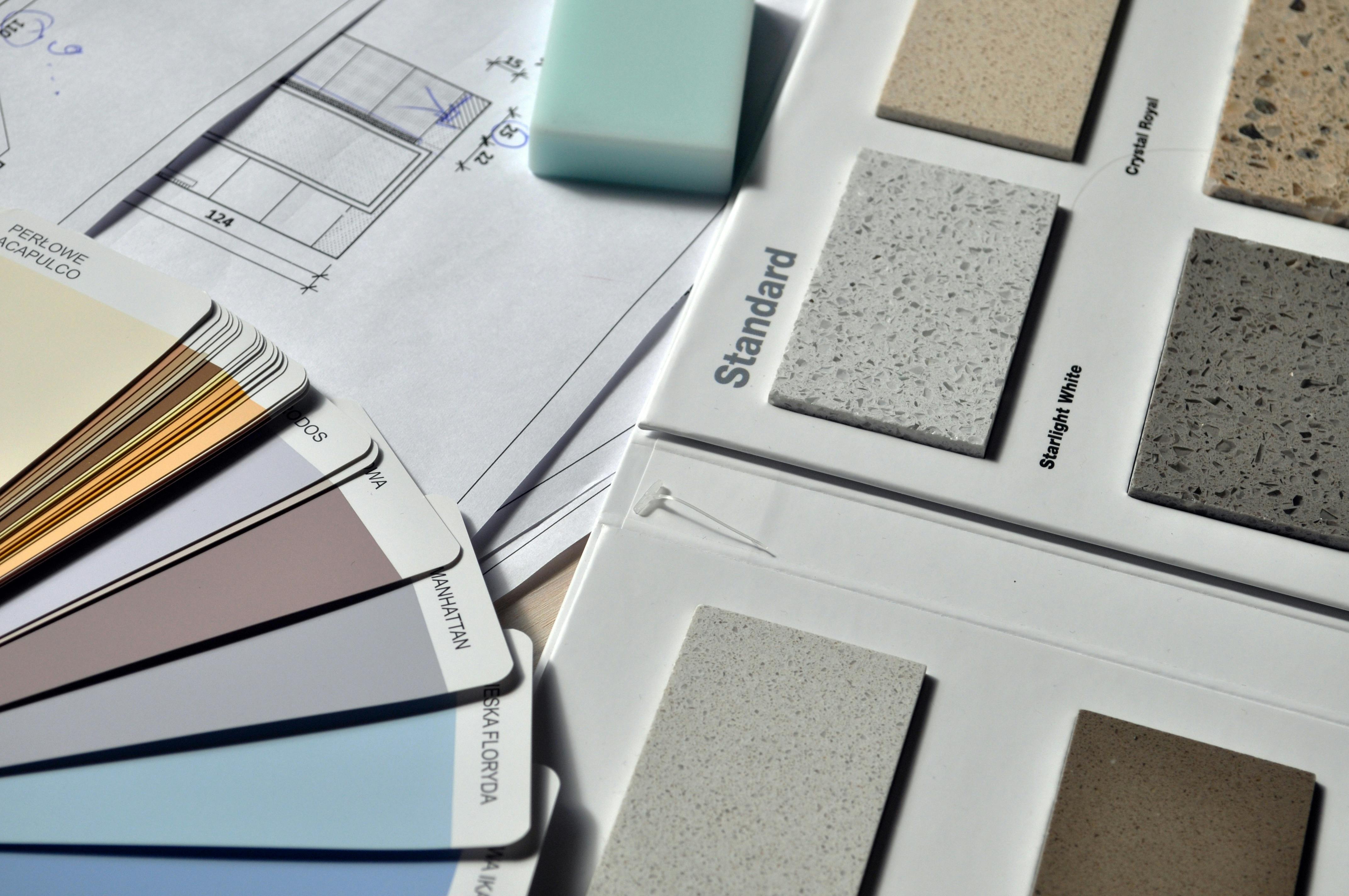Quartz Countertops: A Comprehensive Guide to Elegant and Durable Kitchen Surfaces
Quartz countertops have become increasingly popular in modern kitchens, offering a perfect blend of beauty, durability, and low maintenance. These engineered stone surfaces are made from ground natural quartz crystals combined with resins and pigments, resulting in a highly versatile and attractive countertop material. Whether you're renovating your kitchen or building a new home, understanding the benefits and considerations of quartz countertops can help you make an informed decision for your space.

Unlike natural stone countertops, such as granite or marble, quartz countertops are manufactured in a controlled environment. This process allows for consistent color and pattern throughout the material, as well as the ability to create unique designs that mimic natural stone or offer completely original looks.
What are the advantages of quartz countertops?
Quartz countertops offer numerous benefits that make them a popular choice for homeowners and designers alike. Some of the key advantages include:
-
Durability: Quartz is one of the hardest minerals on Earth, making these countertops highly resistant to scratches, chips, and cracks.
-
Low maintenance: Unlike natural stone, quartz doesn’t require sealing or special cleaning products. Regular cleaning with soap and water is typically sufficient to keep the surface looking pristine.
-
Non-porous surface: The non-porous nature of quartz countertops makes them resistant to stains and bacteria growth, making them a hygienic choice for kitchens and bathrooms.
-
Wide range of colors and patterns: Quartz countertops are available in an extensive variety of colors and patterns, from solid hues to designs that mimic natural stone or offer unique, modern aesthetics.
-
Consistency: Because quartz countertops are engineered, they offer consistent color and pattern throughout the material, eliminating the unpredictability often associated with natural stone.
-
Heat and scratch resistance: While not completely impervious to heat or scratches, quartz countertops are highly resistant to both, making them suitable for busy kitchens.
How do quartz countertops compare to other materials?
When considering countertop options, it’s helpful to compare quartz to other popular materials:
-
Granite: While both are durable, quartz is non-porous and doesn’t require sealing like granite. Quartz also offers more consistent patterns and a wider range of colors.
-
Marble: Quartz is more durable and stain-resistant than marble, which is softer and more prone to etching and staining. However, marble offers a unique, natural beauty that some prefer.
-
Laminate: Quartz is significantly more durable and long-lasting than laminate, though it comes at a higher price point.
-
Solid surface (e.g., Corian): Quartz is generally more heat-resistant and durable than solid surface countertops, though solid surface materials offer seamless integration of sinks and backsplashes.
What are the cost considerations for quartz countertops?
Quartz countertops are generally considered a mid to high-end option in terms of pricing. The cost can vary depending on factors such as the brand, color, pattern complexity, and installation requirements. Here’s a general overview of quartz countertop pricing:
| Quality Level | Price Range (per square foot) | Features |
|---|---|---|
| Entry-level | $50 - $65 | Basic colors, simple patterns |
| Mid-range | $65 - $75 | More color options, complex patterns |
| High-end | $75 - $150+ | Premium colors, designer patterns, thicker slabs |
Prices, rates, or cost estimates mentioned in this article are based on the latest available information but may change over time. Independent research is advised before making financial decisions.
It’s important to note that these prices typically don’t include installation costs, which can add $50 to $100 or more per square foot, depending on the complexity of the job and your location. Additionally, factors such as edge profiles, cutouts for sinks and faucets, and any special fabrication requirements can impact the overall cost.
How to care for and maintain quartz countertops?
One of the major advantages of quartz countertops is their low maintenance requirements. To keep your quartz countertops looking their best:
-
Clean regularly with mild soap and water or a pH-neutral cleaner designed for quartz.
-
Avoid harsh or abrasive cleaners, as well as those containing bleach or acidic ingredients.
-
Use cutting boards to protect the surface from knife marks, even though quartz is highly scratch-resistant.
-
Use trivets or hot pads under hot pots and pans to prevent potential damage from extreme heat.
-
Clean up spills promptly, especially those from acidic substances like wine or citrus juices, to prevent potential staining.
-
Avoid placing excessive weight on unsupported areas of the countertop, such as overhangs.
By following these simple care instructions, your quartz countertops can maintain their beauty and durability for many years to come.
Quartz countertops offer a compelling combination of aesthetics, durability, and low maintenance that make them an excellent choice for many homeowners. While they may require a higher initial investment compared to some other materials, their longevity and resistance to damage can make them a cost-effective option in the long run. As with any significant home improvement decision, it’s essential to consider your specific needs, budget, and design preferences when choosing the right countertop material for your space.






